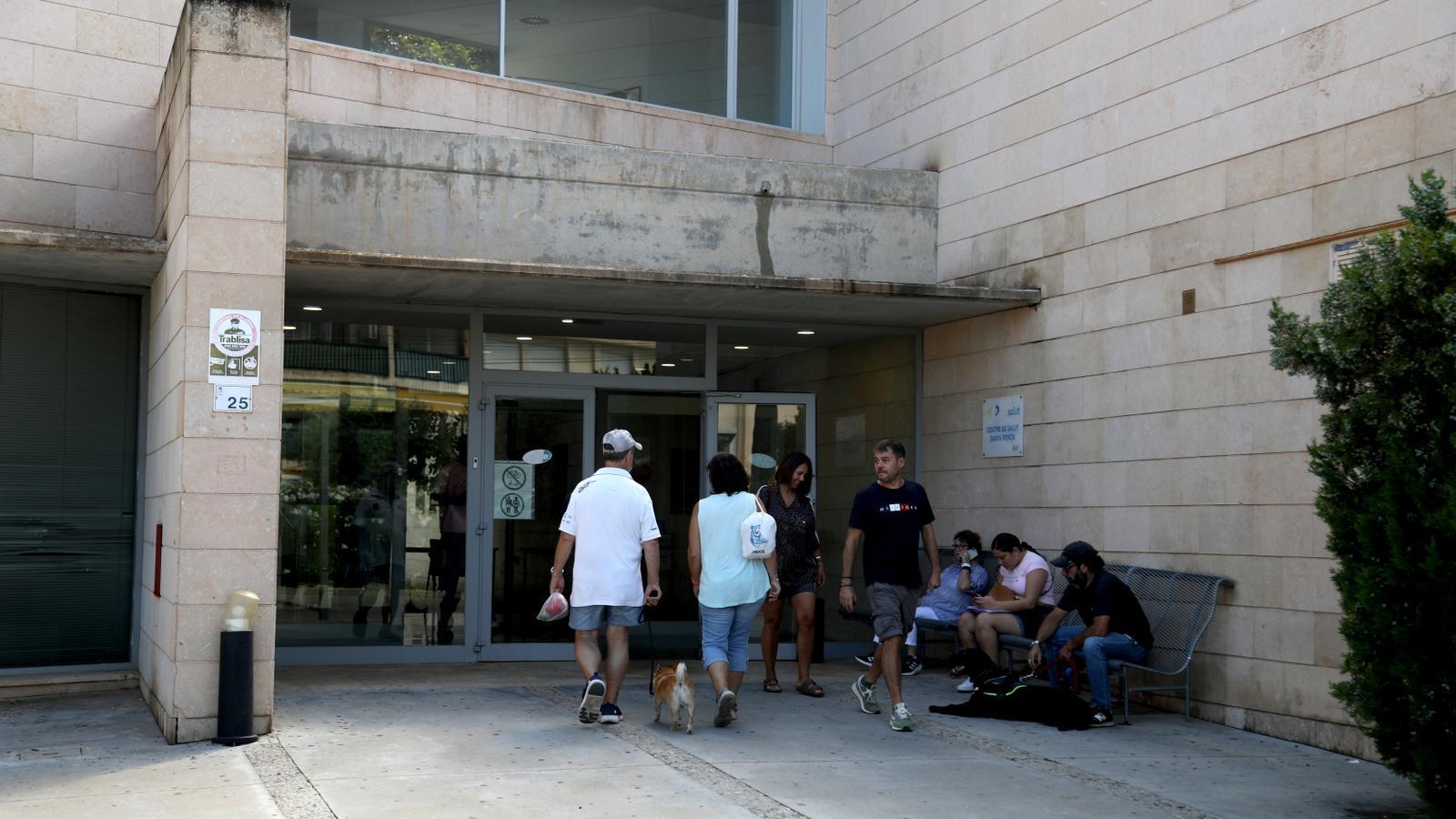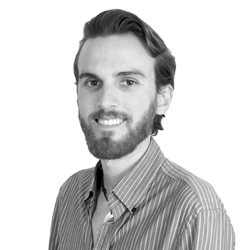Tourism overwhelms health centers: "Sometimes we work for 14 hours."
In addition to the increased pressure on healthcare, the Health Service is unable to fill the number of doctor positions to strengthen the workforce to the level needed in the Balearic Islands in the summer.


PalmCrowded beaches, congested roads, the old town center Palm turned into a swarm of visitors, the Caló del Moro loaded withinfluencers Taking photos and queuing to enter the Illetes Natural Park in Formentera. These are situations (among others) that residents of the Balearic Islands have already grown accustomed to. However, there are also other settings that go more unnoticed and also suffer from summer overcrowding. This is the case of health centers, the first line of containment for the healthcare system. "During the low season, we see 40 emergencies daily, while during the week, in summer, we see 100, and on weekends, 280," explains Dr. Ignacio Ramírez, a doctor at the Santa Ponça health center, which is also a continuous care center (PAC). Beyond emergencies, the center serves a population of nearly 50,000 inhabitants.
All the work, both in summer and winter, is done by the same people. "We don't have more doctors, because there aren't any. We do it as best we can. There's a screening process to determine the severity, but sometimes we accumulate delays of between an hour and a half and two hours," she says. The center's Pediatrics service is also experiencing healthcare pressure. According to pediatrician Rocío Casado, although there are three professionals, in the summer there can be times when only one is left, who takes on the patients of the other two and all those who arrive through the emergency room. "The nurses help us a lot and sometimes, for example, they send us a photo of a skin lesion and we can make a diagnosis and see if medication is needed," she says.
The lack of personnel is confirmed by theIB-Salut"Of the 17 positions we posted this summer to have backup doctors, we've only been able to fill three. In the case of nurses, we've provided 60 out of 67," explains Alejandra Valero, medical director of Primary Care in Mallorca. "Care is guaranteed because the staff shares the workload," she adds. "If we don't hire more doctors, it's because there aren't any. If ten more arrived tomorrow, I would hire them," she asserts.
Valero also laments that some people go to the Emergency Room when they aren't needed, something that contributes to saturating the system. "We've developed a culture of patronizing, of seeing how the disease progresses. Now there are many visits to the Emergency Room for issues that could wait one, two, three days..." she explains.
Not all the increased pressure on healthcare is due to the emergency room. The Portocristo health center is not a PEC (Pec). The increase is due to the thousands of displaced residents who come for the season, with a doctor assigned to the Peninsula, but with the right to care in the Balearic Islands. "We see a lot of people coming in seeking sick leave. We have a lot of housekeepers, a lot of lower back pain, carpal tunnel syndrome, and trauma. But also ear infections, gastroenteritis, and skin lesions," explains Miquel Estelrich, a family doctor at the center. He has 2,106 residents assigned, plus all the people arriving from outside. Portocristo would be entitled to one more doctor, depending on the population he serves. When one of his staff members goes on vacation, the rest will cover for him. "There are days we work double shifts. And we're in consultation for 14 hours straight," the doctor laments.
Health centers closed
In recent months, images of Sóller have been seen completely overwhelmed by visitors, who at any given time may also need assistance. The health center is a PAC (Comprehensive Health Center). "In the summer, we double the number of emergency care visits. Between 8 a.m. and 3 p.m., we can see about 30, and in the afternoon, 60," says Noelia Martín, a nurse at the center. Almost every day, a doctor works double shifts, and they try to arrange some of the visits by phone to try to overcome the backlog. "On-call shifts in the summer are horrendous. 061 takes us out quite a bit, and since there's only one doctor and one nurse left at night, if we leave, we have to close the center and leave a note stating that, in case of a serious emergency, we should call 061," she says.
The center also makes home visits to patients from Sóller, the port, Fornalutx, and Deià. During the high season, it takes much longer for them to reach their destinations. "Then, when we return, we can't find a parking space. There are seven reserved spaces, but tourists fill them, and the police are overwhelmed and can't come," explains Martín. Summer is also a time when healthcare workers take vacations. "We can have up to three nurses on duty, but only one is replaced," he assures. This means that the center's operations must be reorganized, from blood draws to home visits.
Professionals must efficiently manage emergencies and have a clear priority system for these cases where care overlaps. "The other day I had a patient with kidney colic on the stretcher, and the doctor called me." 061 to send me somewhere else. I had to tell them that what I couldn't do was leave a patient inside the center, close it, and leave. That if anything, when I discharged him, I would mobilize," explains Martín.
It's not the only similar case they've experienced in Sóller. On one occasion, the Emergency Department closed the PAC to make an outing. Upon returning, they found an ambulance in a bad with the elderly man who was caring for an elderly man. Use the wildcard to call 061. When making an outing, the health workers never know how long they'll be back. It's possible that the PAC will be closed for hours. saturated, because the health center, which is also a PAC, takes up the entire tourist area of Can Picafort and Son Serra de Marina. "We're asked what resources we need, and this year all but one have arrived," explains Pere Rosselló, the Nursing Coordinator.
In the Levante region, there's a lot of cycling tourism, and this translates to the type of care provided. "We see a lot of asphalt burns, eyelets, and also hedgehog footprints, grumero bites, sunburns, and the occasional alcohol coma," he lists. In Muro, while in winter perhaps two emergency rooms are attended to throughout the night, in summer the on-call shifts are busy. "If for whatever reason we have to go to a hotel for care, we close the center, and our target population of 18,000 people, plus the floating population, and the rest of the emergencies are left unattended," notes Rosselló, giving an example that is occurring in many centers throughout the Balearic Islands. The islands are suffering from overcrowding and, increasingly, from overcrowding in healthcare.
